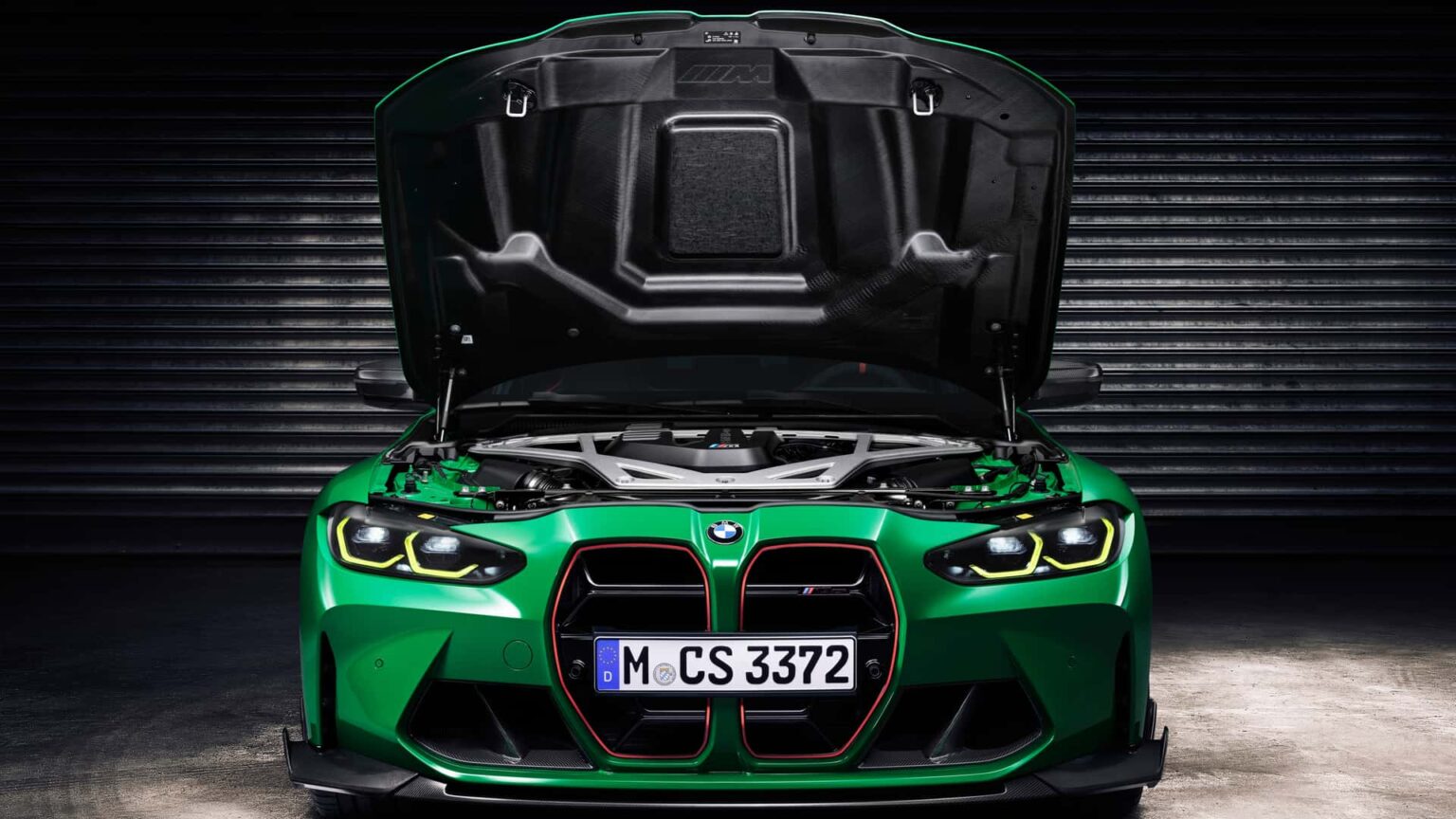BMW has been widely criticized for its odd design language, but the Bavarian luxury brand has done some things right. It has pledged to keep its large-displacement engines as long as legally possible while retaining the manual gearbox alive in several M cars and the Z4 M40i roadster. Even though a fully electric M3 is coming, the gas model will live to see another generation with ICE power.
In an interview with the Australian magazine Drive, the BMW M boss ruled out taking the downsizing route by avoiding following archrival AMG. Instead of demoting the M3 to a four-cylinder engine like the latest C63, Bavaria’s next iteration of its quintessential sports sedan will retain all six cylinders. Frank van Meel explained that a four-banger can’t match the consistent performance of the larger 3.0-liter engine on a race track.
Photo by: BMW
“We are going electric, and on the other hand we are going to keep our six-cylinder inline (for the next generation). We always look into all kinds of concepts. In regards to downsizing, it’s also about performance output on tracks. And continuous performance output would make it really difficult to downsize to a four-cylinder if you are driving on tracks.”
Enthusiasts will argue that the original M3 had a four-cylinder engine, but the late 1980s and early 1990s were different times. The E30 was a homologation special for the Deutsche Tourenwagen Masters (DTM) racing series, and a smaller powertrain was preferred for its lightness, resulting in better handling. The M3 of 2025 is also much heavier than its 1986 forebearer, so a four-pot would be far more stressed. The first-gen M3 weighed around 1,200 kilograms (2,645 pounds), whereas the current car with the automatic and xDrive carries an extra 580 kg (1,278 lbs)
Subsequent E36 and E46 generations had inline-sixes, with the latter also getting a V-8 for the rare street-legal M3 GTR. The E90/E92/E93 was the only series-production M3 with a big ol’ V-8 before the F80 went back to an inline-six, which the current G80 also uses, albeit it’s a different engine. The seventh-gen model, possibly codenamed G84, could feature some form of electrification. However, it’s unlikely to be a plug-in hybrid like the M5, so expect a mild-hybrid 48V setup instead.
87
BMW
Like BMW M, Audi Sport has rejected the idea of putting a four-cylinder engine in its RS cars. Consequently, the next RS5 will likely have a V-6, while the future RS6 might keep the V-8. However, Ingolstadt has suggested that hybridization is necessary to comply with increasingly stringent emissions regulations. As a result, the two performance models might get plug-in hybrid drivetrains.
BMW M and Audi Sport have another reason to avoid putting four-cylinder engines inside their top-tier performance cars. The AMG C63’s desirability factor has been hugely impacted following the switch to a 2.0-liter engine. Affalterbach has yet to release sales numbers, but multiple reports have stated demand has been weak ever since the transition to a hugely complicated plug-in hybrid four-cylinder drivetrain. Incentives in Germany and the United States for the C63 suggest the sports sedan isn’t performing as Mercedes had hoped.
Read the full article here


